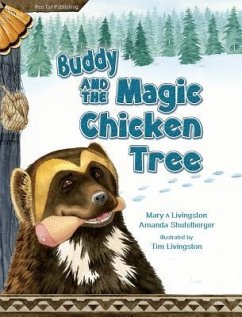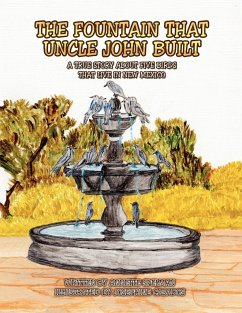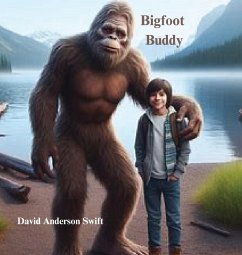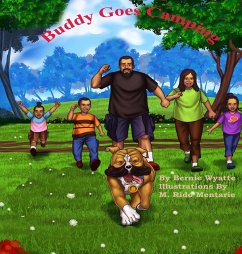Nicht lieferbar
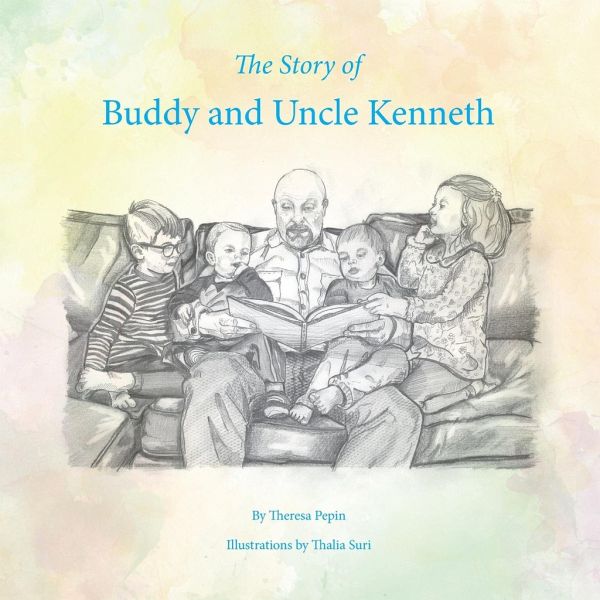
The Story of Buddy and Uncle Kenneth
Versandkostenfrei!
Nicht lieferbar
Inspired by a child's crayon drawing sent to the author not long after her husband's unexpected death, this heartfelt story is beautifully illustrated with exquisitely rendered drawings and brilliant swathes of watercolor wash over photographic imagery. Buddy the cat was lost, and then rescued, and then found by his forever friend Uncle Kenneth. But then Uncle Kenneth was lost and Buddy could not find him. He deeply mourned Uncle Kenneth's sudden absence, looking for him everywhere. We know so little about the stray animals we welcome into our hearts and homes. We know even less about how they...
Inspired by a child's crayon drawing sent to the author not long after her husband's unexpected death, this heartfelt story is beautifully illustrated with exquisitely rendered drawings and brilliant swathes of watercolor wash over photographic imagery. Buddy the cat was lost, and then rescued, and then found by his forever friend Uncle Kenneth. But then Uncle Kenneth was lost and Buddy could not find him. He deeply mourned Uncle Kenneth's sudden absence, looking for him everywhere. We know so little about the stray animals we welcome into our hearts and homes. We know even less about how they feel when their beloved human caretakers go missing. Depicting Buddy's journey through confusion and sadness to love again, this picture book helps us understand what it means for an animal companion to lose his dearest friend and, eventually, gain new dear friends, while treasuring lasting memories. Story and pictures will appeal to all ages.




